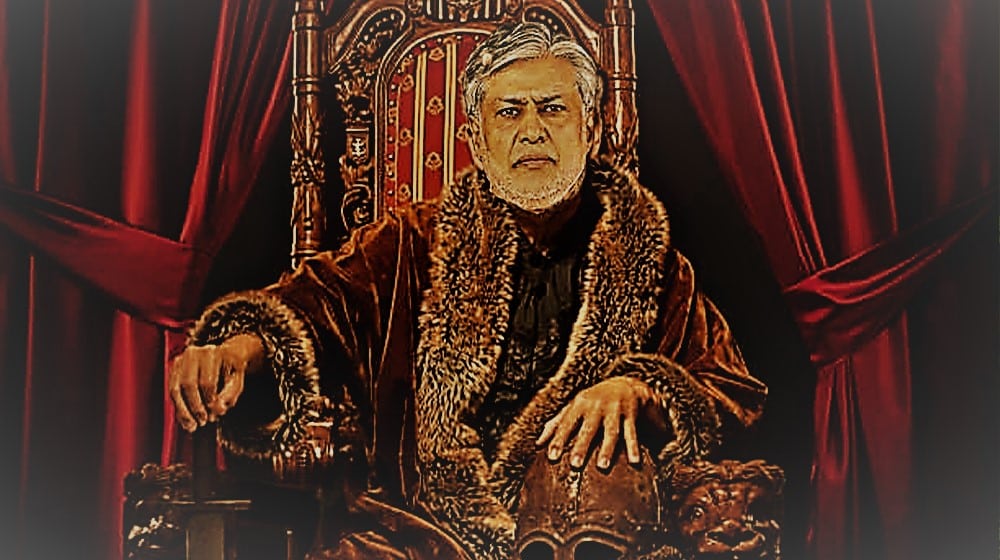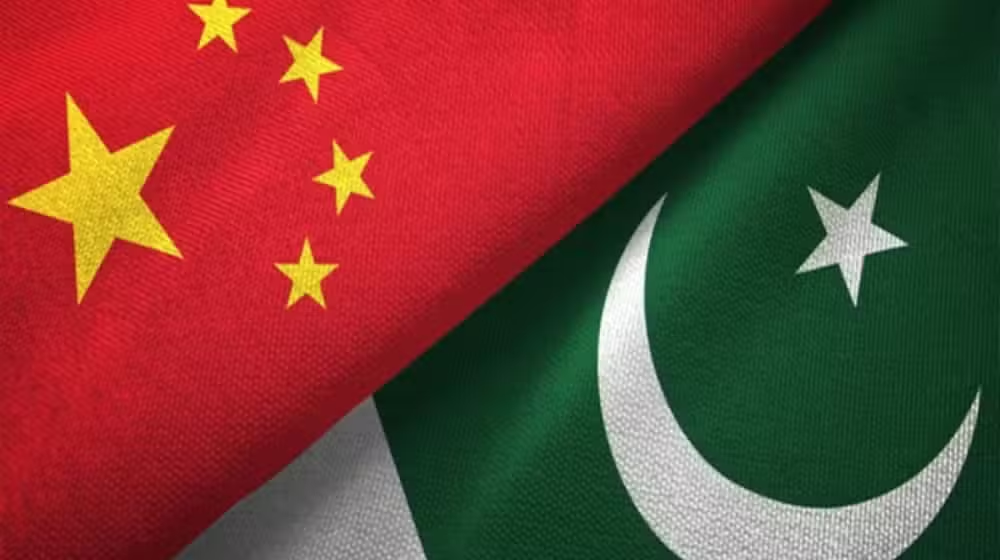More Dangerous Than Ever: The Reappearance of the “Dollar Killer” Spells Trouble for Aurangzeb
Ishaq Dar, now holding the positions of Foreign Minister and Minister of Privatization, has been elevated to Deputy Prime Minister under PM Shehbaz Sharif’s leadership, after a long-standing demand from certain political circles. This appointment, lacking a defined role or constitutional provision, seems more symbolic than substantive. Despite the lack of clarity on the scope of the position, there’s anticipation that Dar will seek to formalize the deputy premier’s office, possibly enhancing his influence in the government.
The move to appoint Dar to this role reflects an attempt to give him greater authority, potentially extending his oversight over the Finance Division, which could be a cause for concern given his controversial economic stewardship during his tenure as Finance Minister in 2022. Dar’s previous term was marked by economic challenges and contentious policies, with comparisons drawn to other countries that had defaulted on debts.
READ MORE: FBR Directs PTA and Telcos to Block SIMs of More Than 0.5 Million Non-Filers
Nonetheless, recent economic indicators suggest a slight improvement in Pakistan’s financial outlook. The IMF has disbursed $1.1 billion, increasing reserves to around $9 billion, and there are signs of progress with a growing current account surplus and reduced inflation rates. However, significant challenges persist, including volatile global oil prices and domestic issues like high utility costs.
With Dar poised to assume a more influential role, the future trajectory of Pakistan’s economic policies and governance remains uncertain. His appointment adds another layer to the complex political landscape, leaving observers curious about the implications of his increased authority.




